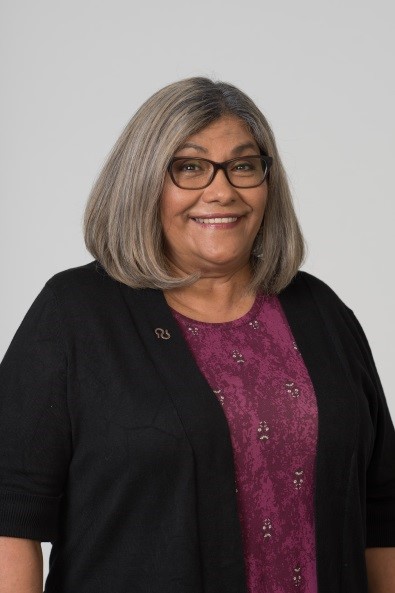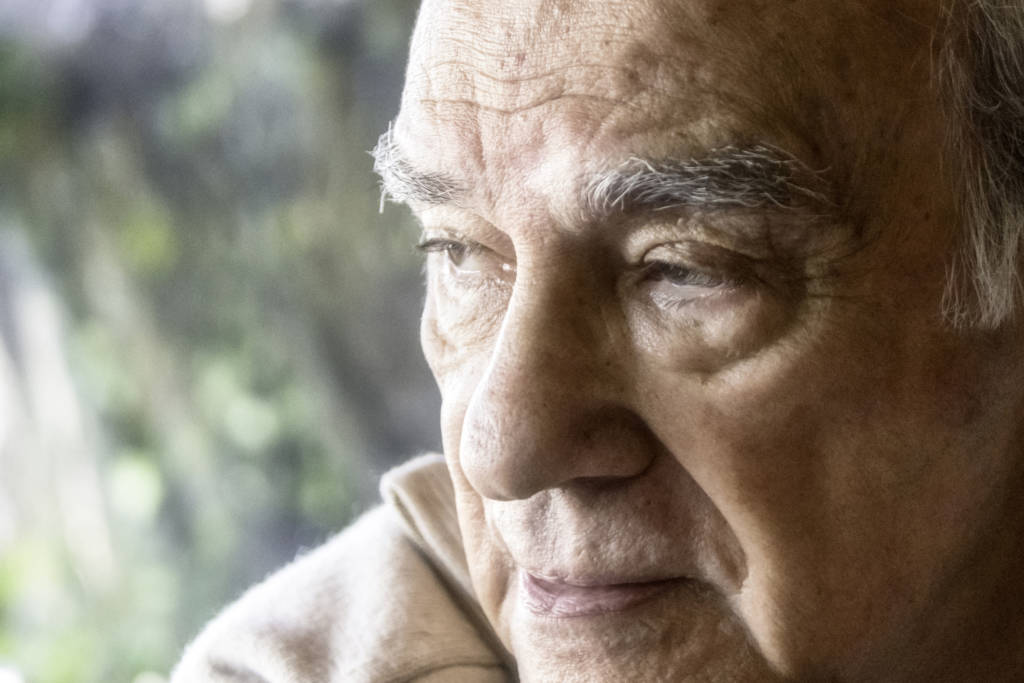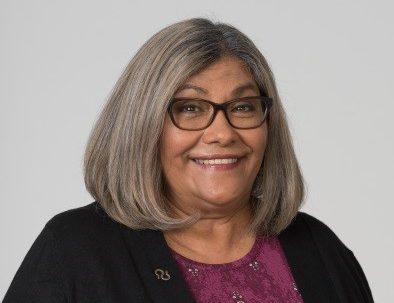Lupita Gutierrez-Parker worked as a regional admissions advisor for Eastern Washington University, which kept her busy, but all of a sudden she was forgetting things, was feeling confused, and it began affecting her work, something that made her feel concerned. She visited her doctor who after running several tests confirmed that this was definitely not normal and diagnosed her with mild cognitive impairment (MCI) and a year later her condition has progressed to early-stage Alzheimer’s.
“Nothing is making sense to me,” she recalls telling herself. She was 61-years-old when she was diagnosed with Alzheimer’s, which is considered young since it’s a disease that usually affects those older than 65. “My life changed immediately after my diagnosis. It was all a blur. I was shocked. I sat there overwhelmed as I listened to the doctor explain what was happening with my brain. For a moment, I became hopeful about a potential cure but quickly learned there isn’t one currently available, so I was inspired to attempt to change the narrative around Alzheimer’s disease.”

Gutierrez spent weeks without telling anyone about her diagnosis, thinking about how this would change her life and how her family and friends would react. “I finally shared the news with my two daughters and they were devastated,” she says. “It breaks my heart knowing how unfair it is that they will have to be my caregivers someday.”






